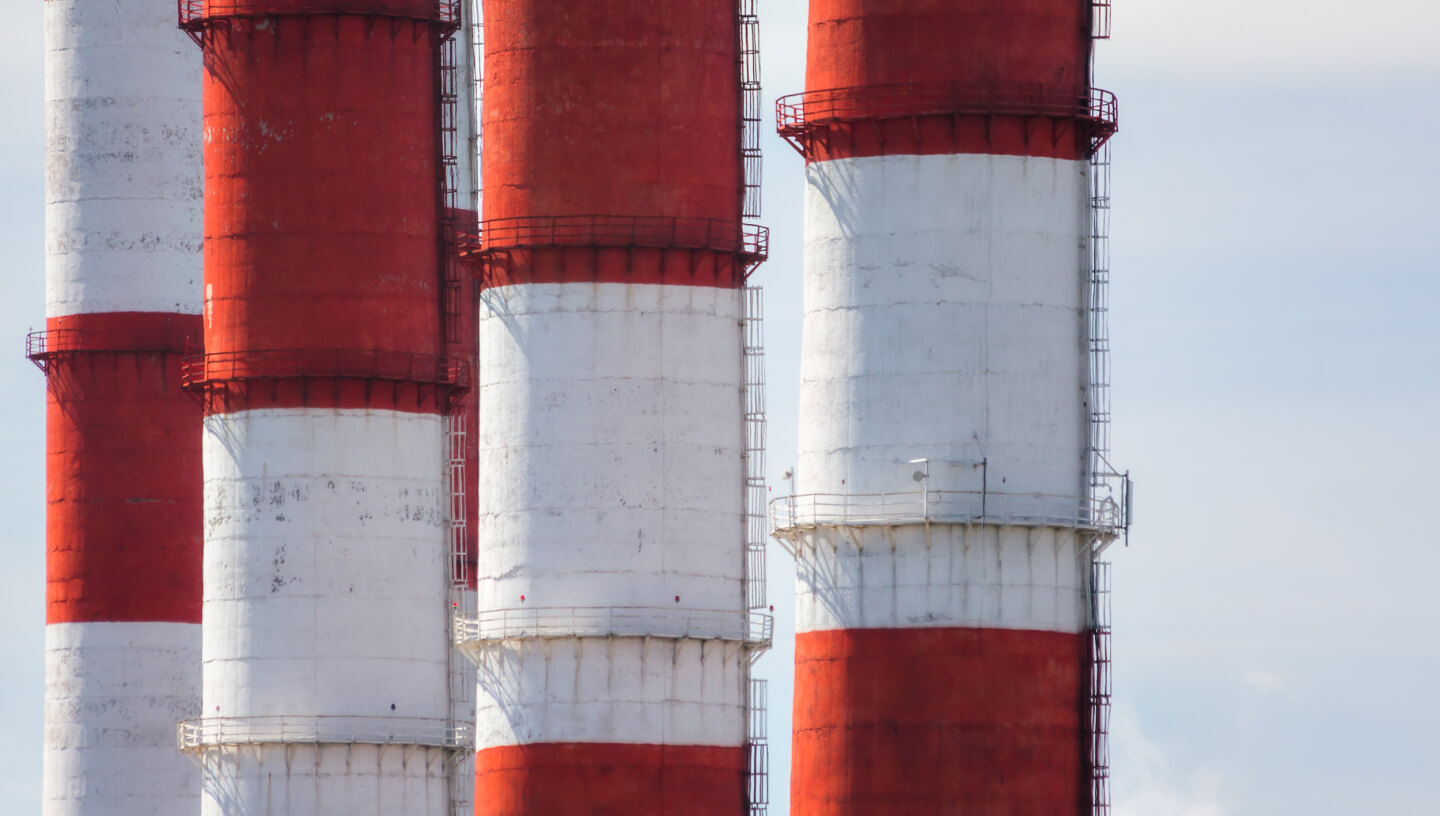 Photo by: wastesoul / istock
Photo by: wastesoul / istock
Could the introduction of a carbon tax lead to an increase in the cost of utilities? It all depends on how things work out. On the one hand, once the tax is introduced, prices for heat and electricity will rise. On the other hand, deductions from the carbon tax could be used to finance effective overhauls of apartment buildings.
When the Fund for Assistance to the Reform of the Housing and Utilities Sector implemented a programme to co-finance energy-efficient capital repairs of apartment buildings, the specific payment decreased by 17–20%. This happened due to saving a large amount of heat energy required for heating, hot water supply, and maintenance of common areas.
For example, if the price of heat is increased by 10% and the specific heat consumption for heating is reduced by 10–20%, not only will the residents of the building not be at a loss, but they will be able to reduce their payments. So it all depends on how the tax money is collected and spent. Of course, if it goes, for example, to build rockets or cars, residents will pay more. But if it goes to improving energy efficiency, people will benefit.
There is such an indicator as the share of energy costs from household income. Energy prices in Russia are quite low compared with other countries, and the share of energy costs in Russia is comparable to the amount consumed abroad. This is due to the fact that when prices are low, energy is used inefficiently and is little valued.
Cover photo: vladj55 / iStock








Comments